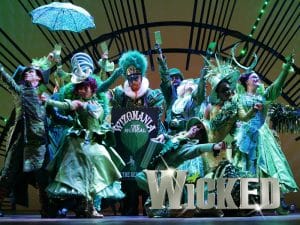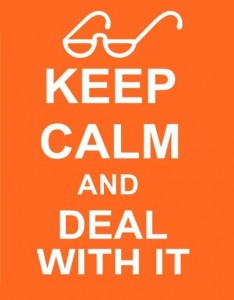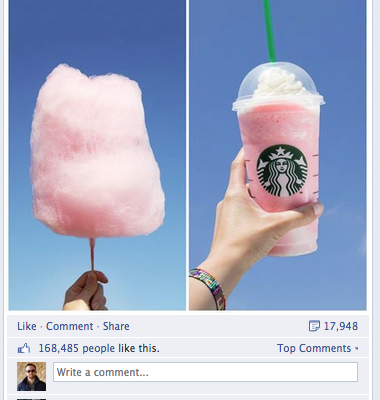
Time was, when a theatre production was critically panned we could expect to see it swiftly booted out of the West End faster than you could say “follow the yellow brick road”, but these days it’s not that simple.
Take Wicked for example. While scorn wasn’t heaped upon it when it opened in 2006, reviews didn’t exactly shower it with praise either. The Guardian compared it to an ‘industrial product’; the Telegraph said that ‘No one could accuse Wicked of being a great musical…‘; and the Independent recorded that ‘The production manages to feel at once overblown and empty.’
However, as the Guardian pointed out this Saturday, five years later Wicked is not only still running, but it’s massively popular. Grossing £145 million at the box office and becoming the first West End production to gross £1 million in one week.
Did the critics get it wrong? No. Critics are, after all, just people with their own opinions, likes and dislikes. They just happen to make a living writing reviews. This doesn’t make them relevant to the exact target audience of each and every production that they see – neither does it make them right and everybody else wrong.
So how did Wicked become so popular? Simples (sorry…), the audience enjoyed it. People went, had a great time, and told their friends and family. Only these days they tell them via social media. At time of writing, Wicked has more than 625,000 Facebook fans, the official YouTube channel has 22 uploads which have been viewed almost 250,000 times, and the official London twitter feed has just short of 17,000 followers. In short, Wicked fans not only love the show, they share their love for the show online. In situations where you have thousands of people endorsing something publically, it really doesn’t matter what a handful of industry experts think of it.
You just have to look at insane level of manic devotion inspired by The Da Vinci Code – which the Guardian described as ‘450 pages of irritatingly gripping tosh…’ (Gripping? No. Tosh on the other hand…) – to see how much the power has shifted. Cultural opinion-makers were once held up as purveyors of ultimate taste – now its much more about us. The image we want to present to the world, how we want to position ourselves – with the crowd or rebelling against it – and just putting our opinion out there as equal to that of the traditional opinion formers. Now that we can comment on their reviews online, or @mention them on Twitter, the cultural gatekeepers of old are looking much more like you and me.






